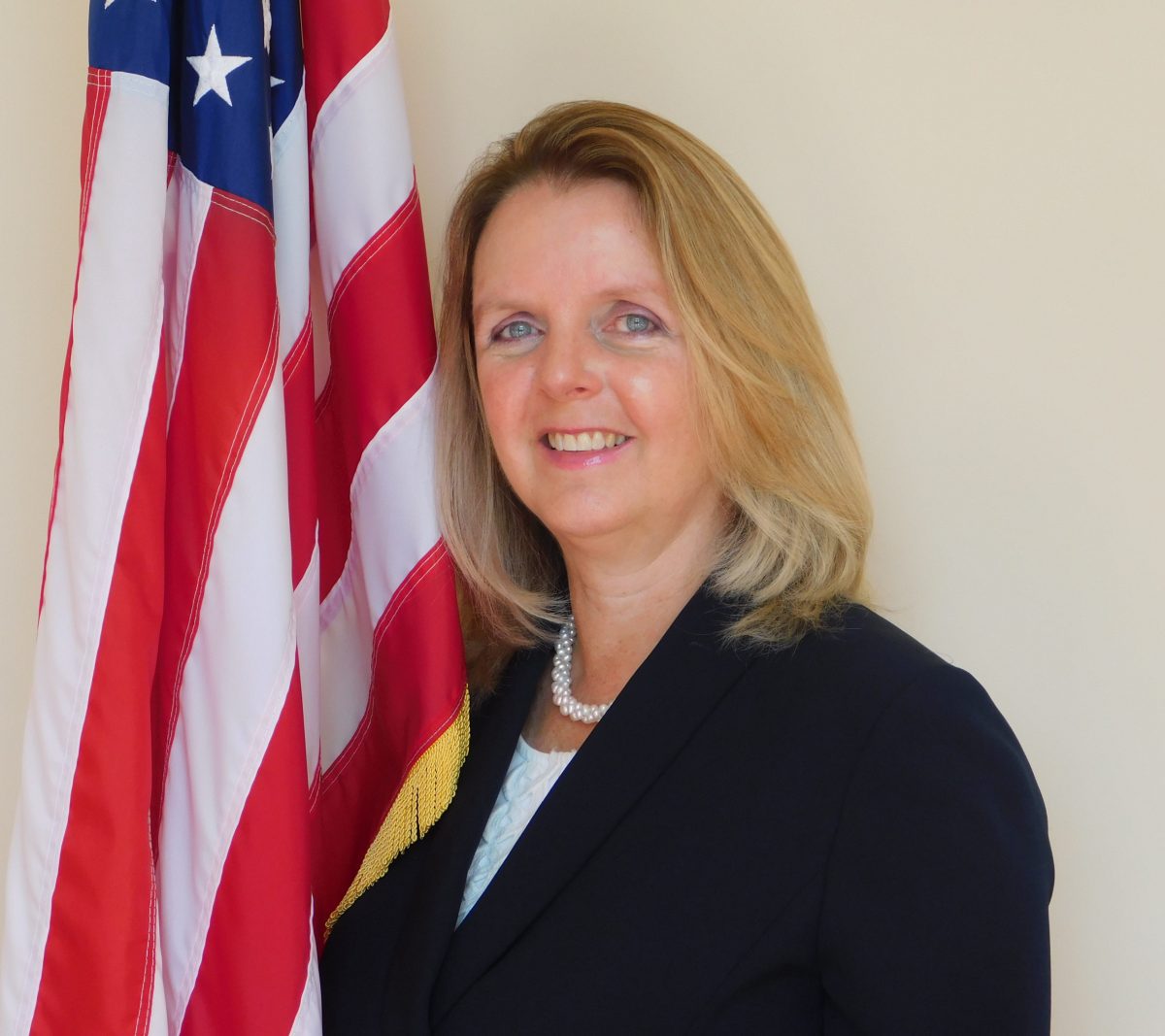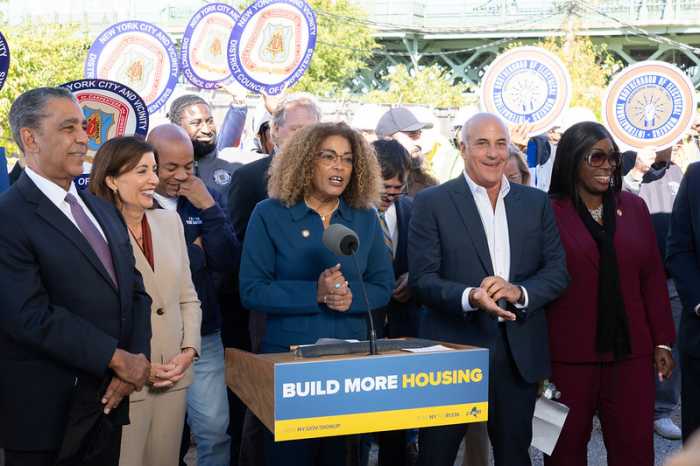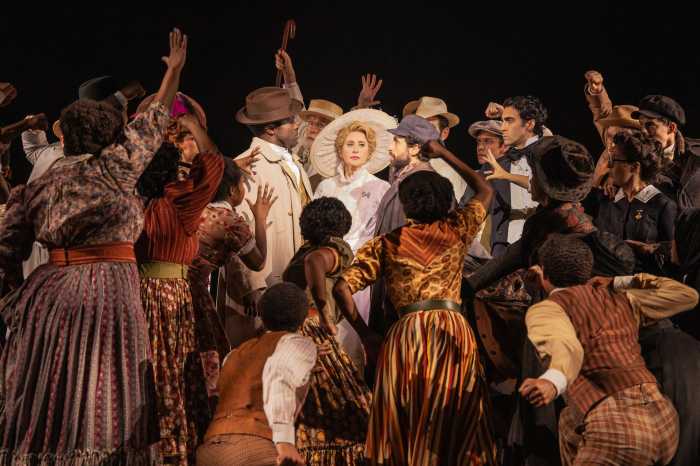In 1972, I escaped the Willowbrook State School. There, I experienced torture and abuse alongside thousands of other people with disabilities. Though I’m best known for fighting my way out of there, I’m even more proud of the life I’ve lived since then.
I have lived on my own in my own apartment, I founded a statewide not-for-profit run by advocates with disabilities, and I worked for 37 years for the State of New York helping to make the lives of people like me better.
By the time I ended my career as a state employee I was proud to have saved up for my retirement. For me this was an important accomplishment. (Unfortunately, I was never paid for my years of child labor at Willowbrook.)
I’m 75 years old, and my cerebral palsy has been getting worse as I’ve gotten older. Each day, I’m able to do a little bit less than the day before. It’s a slow, scary process. Some times I think about how fortunate I was to get my freedom from Willowbrook, only to now watch it gradually slip away.
About a year ago, I realized I had fallen into a trap all-too-familiar for people with disabilities: I had too little money for the supports I would likely need to keep living in the community as I age.
At the same time, I had too much to qualify for programs like Medicaid that can get me the in-home assistance I will need, and that other programs like Medicare don’t cover.
So, I decided to spend down my hard-earned savings. As proud as I was of what I had earned, I knew that sooner or later I would have to throw it all away in order to survive.
I’ve nearly reached my goal: I’m on the cusp of qualifying for Medicaid. But now Congress is threatening to snatch it away from me. Congress’ current plan to gut Medicaid to help pay for billionaire tax cuts makes me feel like everything I’ve worked for, saved for, and now thrown away has been just to provide a big benefits check to the 1%’ers.
Worse still, what this means is that Congress is putting a price on my freedom and the freedom of millions of other older adults and persons with disabilities.
Yes, over time the kinds of in-home assistance I will rely on to take care of my personal needs, for example, will cost something (though not so much that Jeff Bezos would miss it).
But every day, I wake up to read the news and brace myself for details about how politicians—most of whom know little about escaping an institution and now aging with a disability.
All I hear is politicians planning to make sure they don’t pay too much to keep me in the community and out of the kind of institution I grew up in.
Our politicians talk a lot about freedom. But whose freedom?
I don’t think the ones planning to slash Medicaid are talking about my freedom. For me, Medicaid is freedom. It’s knowing where your next meal will come from.
It’s knowing if someone will come to help me get out of bed and into my wheelchair. It’s knowing if I’ll get to bathe today or not. Politicians who only talk about Medicaid as “benefits” or an “entitlement” program just don’t get it.
I know what it’s like to lose my freedom. I lost mine when I was too young to know what it was. When I began the painful process of spending down my life’s savings, it was because I knew too well the price of my freedom.
As it is, our country’s policies make persons with disabilities impoverish themselves in order to getreliable access to the disability-related services they need to make it through the day. In other words, I knew my freedom would come at the cost of my dignity.
Without Medicaid, the price of freedom for millions of older Americans and Americans with disabilities will only go up.
It may mean going days, or longer, without food or help with dressing and bathing. It may mean relying more on neighbors, charities, and volunteer organizations to make ends meet.
Finding ways to live in the community will get harder and harder. Community living for many will become community struggling; for others, community dying.
What many people don’t realize is that Congress’ plan to cut Medicaid isn’t just a problem for me and people like me with disabilities. It’s a problem for everyone.
Medicaid funds hospital services that people without disabilities rely on. Medicaid funds services for older persons that Medicare doesn’t cover. Medicaid funds services that millions of parents of students with disabilities need to keep them in school. Like it or not, we’re all in this together.
Decades ago, when persons with disabilities like myself finally started leaving institutions in large numbers, we encountered a lot of negative attitudes from our would-be neighbors.
Even as reports about the abuses that happened to people like me in institutions came to light, people already living in the community fought hard to keep us from being parts of their communities.
In other words, they were putting another kind of price on our freedom: they would rather pay lawyers to go to court rather than let us live next door. We called these “Not in My Backyard” attitudes, or “NIMBY”-ism, for short.
Nowadays, in all the reporting about Congress’ plans for Medicaid and other services that millions of Americans with disabilities rely on, I see the same old, unfeeling attitude about the price of our freedom coming up in a new, perverse way.
Some of these politicians will continue to back their big, beautiful billionaire benefits program.
But for those who care, know that we Americans with disabilities have fought like hell to get our freedom. For those who don’t, we’ll all too happily show you how to apply for unemployment benefits after the next election.
..









